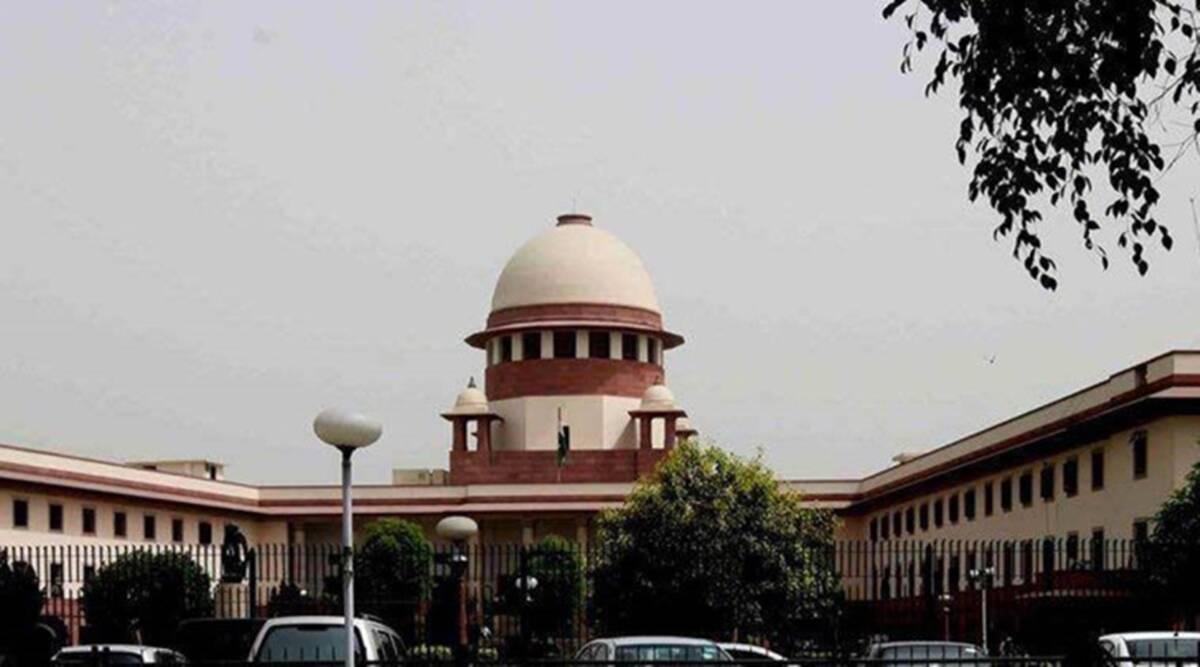 Reasonable accommodation is necessary to help persons with disabilities exercise their rights and participate in society equally with others.
Reasonable accommodation is necessary to help persons with disabilities exercise their rights and participate in society equally with others. Written by Husain Aanis Khan
On November 2, the Supreme Court of India (SCI) was hearing an important matter concerning the rights of persons with disabilities where the blanket exclusion of disabled persons from services such as the Indian Police Service, Indian Railways Protection Force Service, DANICS and Lakshadweep Police Service was challenged.
Remarkably, judges accepted the inclusion of disabled persons in the services and implored the government to sensitively approach the issue. However, after conferring with each other the judges made three seemingly discouraging observations.
First, one of the two SCI judges referred to an instance where a person with 100 per cent blindness became a civil judge, junior division at the Madras High Court. This instance was the Madras High Court case of V Surendra Mohan v. State of Tamil Nadu (2019), which was heard by the same SCI judge (who was then a judge in Madras High Court). This disabled judge in the Tamil Nadu judiciary was instead made the editor of a Tamil law journal for not being able to perform his judicial duties. The case was later upheld by the SCI, but more recently in the Vikash Kumar case, the SCI overruled it for being innocent to the principle of reasonable accommodation.
The SCI judge observed on November 2 that the disabled judge was 100 per cent blind. He added that the judge would be cheated by juniors; people would make him sign all kinds of wrong documents, and therefore, it caused problems. This observation warrants a deeper analytical response.
People are vulnerable to cheating, whether they are blind or sighted in the position of a judge or in so many other situations. Just because someone was cheated in one instance, it does form a valid basis for the deprivation of rights to an entire class of citizens — persons with disabilities.
It is disheartening that some people judge the competence of an entire class of citizens based on their assessment of one disabled person. It reminds one of what the Late Justice Ginsburg of the American Supreme Court said: “When I’m sometimes asked ‘When will there be enough (women on the Supreme Court)? ‘ and my answer is: ‘When there are nine.’ People are shocked. But there’d been nine men, and nobody’s ever raised a question about that.” There may well be able-bodied persons in the services who have not performed up to the mark — nobody draws blanket observations from their conduct or poor work.
The second observation was that the reserved seats for the disabled were filled up just for the sake of it. Importantly, in Vikash Kumar v. UPSC (2021), the SCI stated that “Our discourse must be couched in terms that reflect the recognition of a human rights model to viewing disability. Insensitive language offends the human dignity of persons with disabilities”. Such an observation does not align with ideas of sensitivity and the human dignity of persons with disabilities.
Not providing reasonable accommodation to persons with disabilities constitutes a violation of the right to equality as the SCI itself held in the Vikash Kumar case. Reasonable accommodation is necessary to help persons with disabilities exercise their rights and participate in society equally with others. For example, the disabled judge who was being cheated was supposed to be given reasonable accommodation to avoid instances of cheating, instead of his candidature being discarded and the candidature of the entire class of citizens being questioned.
The third observation was, “Sympathy is one aspect, practicality is another aspect”. Firstly, the petitioners are not seeking sympathy. They are rather making a legal, rights-based approach. It is the recognition of their legal rights that they are fighting for. Viewing issues concerning disability on the foothold of sympathy has also been discountenanced by the SCI in the Vikash Kumar case and Jeeja Ghosh v Union of India (2016). It requires empathy and understanding, not sympathy.
Empathy and practicality are not mutually exclusive. The practicality aspect has to be assessed on the basis of the legal test of “undue burden” — whether providing reasonable accommodation is imposing too much of a burden on the duty bearer, only then can reasonable accommodation be refused for being impractical.
The writer is a lawyer and Research Fellow at Vidhi Centre for Legal Policy